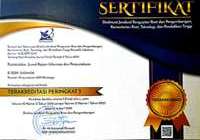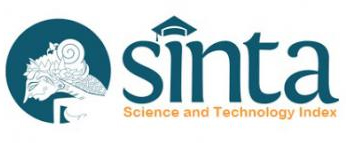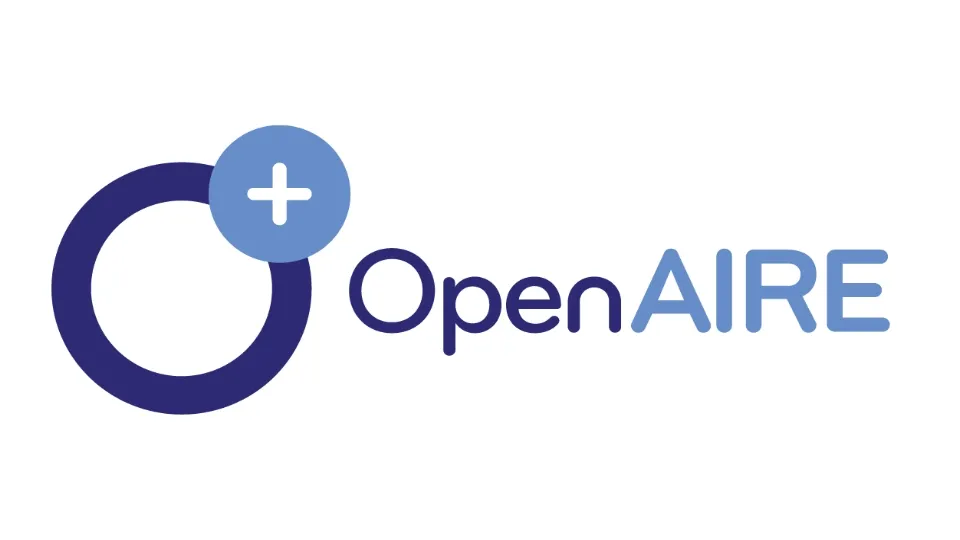Evaluasi Ketergunaan Aplikasi SIMPERTAN di Pustaka Bogor
DOI:
https://doi.org/10.21154/pustakaloka.v11i2.1683Keywords:
Usability Evaluation, Library, Simpertan, Usability Testing, Library AutomationAbstract
This research describes about the usability evaluation of SIMPERTAN application at PUSTAKA Bogor. SIMPERTAN is a web-based application that was developed by PUSTAKA to integrate the process of procurement, organize, service and circulation of library materials and became the union catalog for the PUSTAKA and the Library Institution in Balitbangtan scope. However, the usability of this application is still not optimal because Librarians at PUSTAKA still use other applications, such as WinISIS. Therefore, this study aims to evaluate how the usability of SIMPERTAN applications by librarians in PUSTAKA and the Library Institution in Balitbangtan scope under the guidance of LITERATURE in the Bogor region. This study uses quantitative approaches with quantitative descriptive methods. Data collection is done by survey method using a questionnaire. The results showed that the usability of SIMPERTAN application was in the high category. But there were a number of obstacles from the technical, system and librarian aspects, thus making SIMPERTAN usability less optimal.
Downloads
Published
Issue
Section
License
Requirements to be met by the author as follows:
- Author storing copyright and grant the journal right of first publication manuscripts simultaneously with licensed under the Creative Commons Attribution License that allows others to share the work with a statement of the work's authorship and initial publication in this journal.
Authors can enter into the preparation of additional contractual separately for non-exclusive distribution of a rich version of the journal issue (eg: post it to an institutional repository or publish it in a book), with the recognition of initial publication in this journal.
Authors are allowed and encouraged to post their work online (eg, in institutional repositories or on their website) prior to and during the submission process, because it can lead to productive exchanges, as well as citations earlier and more severe than published works. (see The Effect of Open Access).















